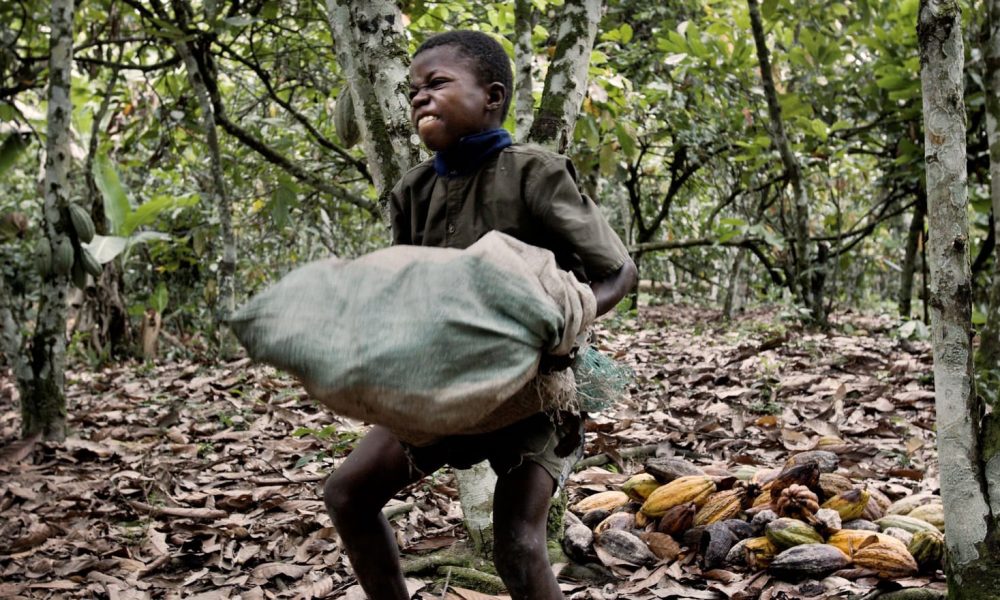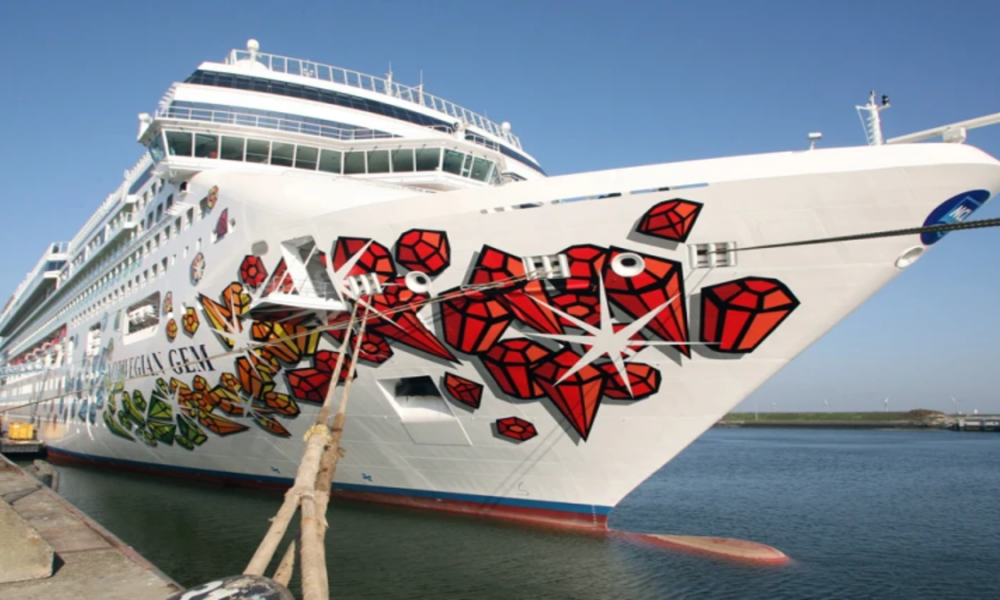The U.S. Supreme Court sides with food corporations Nestle and Cargill in child slavery lawsuits.
What We Know:
- The Supreme Court ruled 8-1 in favor of the two corporations on claims brought up by six men who use to work for them. The six men say that they were taken from Mali as children and were made to work on cocoa farms in Ivory Coast. The group reports that they had to work between 12 to 14 hours a day on the farms; they were hardly paid for their work and had armed guards watch them as they slept, to prevent them from escaping.
- The group’s case had been dismissed twice before reaching the US. Appeals of the 9th Circuit. They argued the case back in December and former President Donald Trump, supported both corporations. The men were suing the corporations for a case action suit that included all the child workers that the corporations used in the past. They also claimed that corporations “aided and abetted” their child workers and purchased cocoa beans from other farms that did the same.
- Justice Clarence Thomas wrote that the 9th Circuit shouldn’t have allowed this case to be tried on U.S. land, as the claims happened overseas. The 9th Circuit allowed the case to be held because the corporations supposedly made “major operational decisions” in the country. He also said that the six men failed to provide enough evidence to sue under the Alien Tort Statute (ATS), proving that the companies committed labor abuse on overseas farms.
- West Africa contributes to almost 70% of the cocoa distributed throughout the world, and the U.S. receives a majority of it. According to the U.S. Department of Labor, about 1.56 million children work on cocoa farms in Ghana and the Ivory Coast.
- Paul Hoffman, the group’s lawyer, says that his clients are disappointed, but they aren’t giving up. He says the group will see if a lower court will amend the lawsuit and hopefully this meets the court’s requirement for ATS. Hoffman also believes that Nestle and Cargill were aware of what went on at the farms and they should be held accountable for not putting an end to it. However, neither corporation owns a cocoa farm in the Ivory Coast and only provided equipment and service to them.
Both corporations have maintained their innocence and said to be doing their parts to prevent child slavery from happening within their industry.



